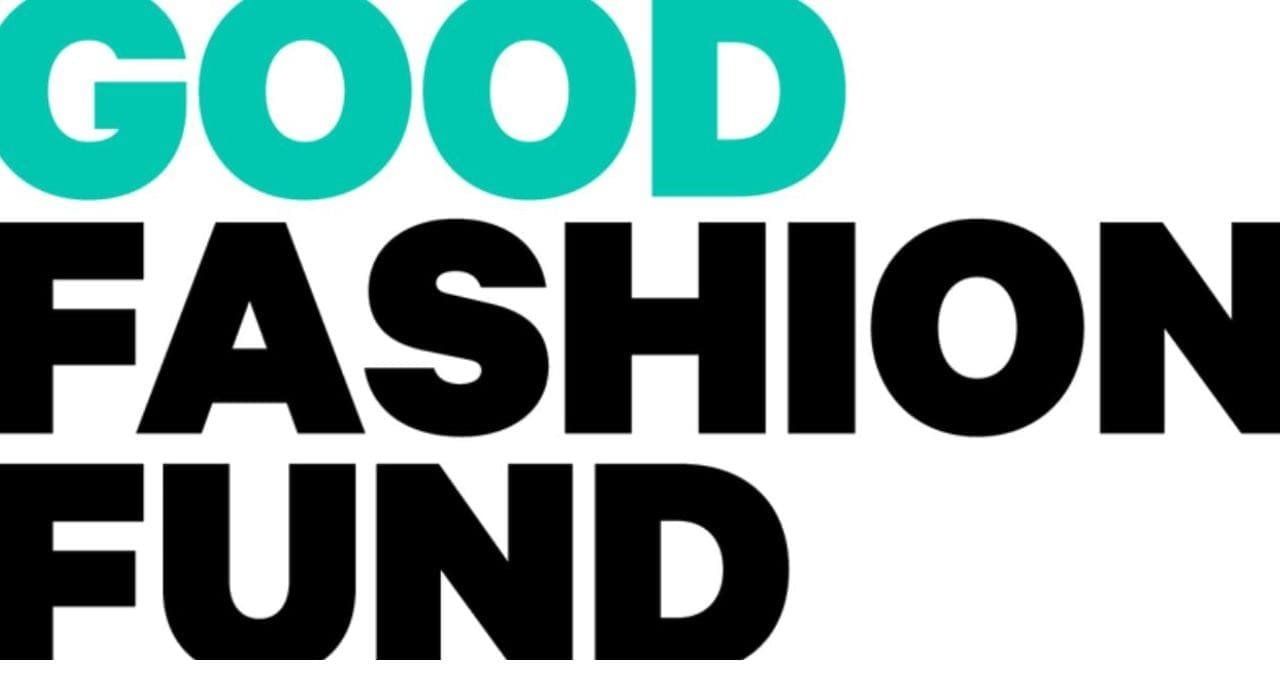The Good Fashion Fund, Fashion for Good, and Laudes Foundation established a fund to promote sustainable manufacturing techniques. In 2020, the fund inked its first agreement for a 4.5 million US dollar, long-term loan with Indian producer Pratibha Syntex Limited. Since the loan’s final distribution in June of this year and the first on-site monitoring visit this week, Pratibha’s spinning, processing, and garmenting divisions have seen favourable financial, environmental, and social effects from the investment.
The Good Fashion Fund has pledged to spend USD 4.5 million in Pratibha Syntex, which will be used to upgrade their facilities and replace outdated machinery in the spinning, processing, and garment divisions.
The first this week The Good Fashion Fund and its advisors Sphera, FairwearFoundation, Global CAD, and Adelphi conducted an on-site monitoring visit to determine the progress made since the investment. As anticipated, the equipment’s effect results comfortably exceed the 50% savings criterion in all important areas (particularly, the three Goods: Energy, Water, and Materials). The progress made on the environmental and social action items as well as the roadmap created by Pratibha Syntex Limited for future advancements as part of their vision for 2025 and beyond impressed all parties.
“We are thrilled to be working with Pratibha Syntex Limited, a leader in sustainable business practises. The first financial, social, and environmental consequence of our investment is exceedingly well and in keeping with our aim to link impact technologies to the sector to jointly address its concerns. The outcomes of the monitoring visit make it abundantly evident that sustainability is inherent in their DNA, totally aligning them with the goals of the Good Fashion Fund. To demonstrate how to invest beyond sustainability and towards a restorative and regenerative textile supply chain, we will continue to invest in apparel manufacturers in India and Bangladesh. These investments will bring good fashion practise, economic growth, and fair jobs. — Bernadette Blom, the Good Fashion Fund’s director.
Since making the investment, Pratibha Syntex has upgraded effluent treatment, added solar panels, a continuous tumble dryer, and installed new spinning machinery. The updated spinners (card chute, In terms of energy consumption and trash production, the modern technology (such as the comber, ringrame, and autoconer) performs far better than the older equipment. Solar panel investments are still being made, but renewable energy sources already account for more than 30% of demand, and more installations are anticipated to raise that percentage to 50%. The continuous tumble dryer has completely removed the need for water and has greatly decreased power consumption in this process, replacing a number of pieces of fabric-treating machinery.
New filters have been added to the Effluent Treatment Plant, allowing for increased water recycling, recovering the majority of the utilised water (some water is lost to evaporation), removing chemical sludge produced (reducing landfill waste), and consuming less energy. The goal is to finish Pratibha is setting up a procedure whereby additional wastewater from nearby residents is cleaned along with their own, using the resulting clean water in their process. This will prevent circularity and lessen the need for freshwater. Thus, the investment’s effects on freshwater use, wastewater output, and chemical use are all affected.
“Through programmes like the Good Fashion Fund, the Laudes Foundation encourages courageous action to inspire and challenge the industry to use its potential for good. An excellent illustration of how money may assist provide safe and respectable jobs for all clothing workers is the environmental and social impact that Pratibha Syntex has been able to accomplish with this investment. Kelly Clark is the Laudes Foundation’s director of finance and capital market transformation.
In addition to producing cotton, Pratibha Syntex, a company that manufactures fibres, fabrics, and clothing, is also involved in humanitarian projects that aim to give women in rural areas jobs. With the goal of increasing the proportion of women in supervisory positions and other positions that involve direct engagement with senior management so that they can comprehend and get involved in the entire business, they are aggressively supporting women’s empowerment and diversity.

